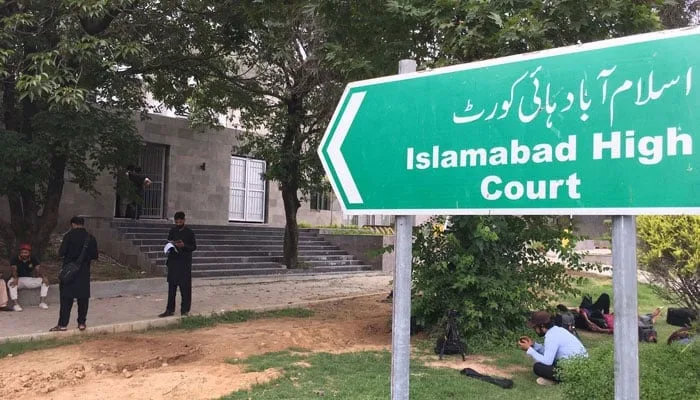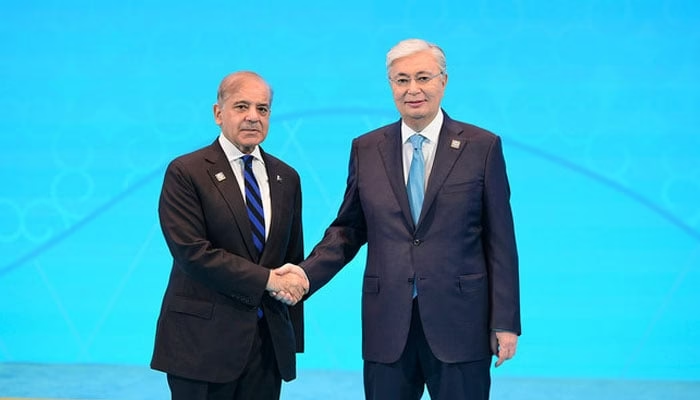Justice Arbab Muhammad Tahir of the Islamabad High Court issued a series of directives aimed at ensuring the welfare and accountability of pilgrims embarking on the sacred journey of Hajj. Addressing the Ministry of Religious Affairs, he emphasized the need to provide comprehensive facilities to all pilgrims, underscoring the importance of transparency and efficiency in managing Hajj affairs.
During a hearing regarding the allocation of Hajj quotas to private companies facilitating Hajj and Umrah services, Justice Arbab Muhammad Tahir expressed concern over the practice of government officials sending employees on their behalf. He stressed the importance of scrutinizing such allocations and obtaining detailed information from the Federal Investigation Agency (FIA) to ensure fairness and accountability in the process.
Furthermore, Justice Arbab Muhammad Tahir highlighted the significance of providing clear guidelines and support mechanisms for pilgrims, especially those from remote areas. He emphasized the need for effective communication channels to address any grievances or concerns that pilgrims may have during their journey. In particular, he called for the inclusion of information about whom to contact in case of complaints, ensuring that pilgrims are aware of their rights and avenues for recourse.
The High Court’s instructions to the Ministry of Religious Affairs encompassed the dissemination of comprehensive guidelines to pilgrims through alert messages, ensuring that they are well-informed about the procedures and facilities available to them. Justice Arbab Muhammad Tahir underscored the importance of accountability in service provision, warning that any complaints, even regarding taxi services, could lead to the cancellation of licenses.
Furthermore, the Islamabad High Court made it clear that it would closely monitor the performance of the Ministry of Religious Affairs during the upcoming Hajj season. By keeping pending cases related to Hajj matters, the court signaled its intent to assess the ministry’s performance and adherence to directives. A follow-up hearing was scheduled for the first week of August, where the court would evaluate the ministry’s performance and make decisions based on its findings.
The court’s proactive stance in ensuring accountability and transparency in Hajj affairs reflects its commitment to upholding the rights and welfare of pilgrims. By addressing issues such as fair allocation of quotas, provision of adequate facilities, and mechanisms for addressing grievances, Justice Arbab Muhammad Tahir and the Islamabad High Court aim to enhance the overall Hajj experience and uphold the sanctity of the pilgrimage. Their efforts serve as a reminder of the importance of responsible governance and oversight in matters of religious significance, ensuring that pilgrims’ rights are protected and respected throughout their journey.



